2024 Reprint of the 1925 Edition. Full facsimile of the original edition and not reproduced with Optical Recognition Software. This is the life story of Anzia Yezierska and her struggle as a Jewish immigrant woman.The novel is set in the 1920s on the Lower East Side of Manhattan and tells the story of Sara Smolinsky, the youngest daughter of an Orthodox rabbi, who rebels against her father's rigid conception of Jewish womanhood. "First published in 1925, Yezierska's fine novel describes a young girl struggling to survive the chaos and poverty of the Lower East Side tenements. Like her author, Sara Smolinsky emigrated from Poland with her family-in Sara's case, several sisters, a worrying, nagging mother, and a holy fool of a father. While Sara and her sisters hire themselves out to shops and factories, bringing home their scant wages, their father stays at home, consulting his holy books. "More and more," Sara thinks, "I began to see that Father, in his innocent craziness to hold up the Light of the Law to his children, was as a tyrant more terrible than the Tsar from Russia." Yezierska's sense of vernacular is wonderful: The book, which was written in English, bears a strong Yiddish imprint. "But from always it was heavy on my heart the worries for the house as if I was mother," Sara thinks near the beginning. The gradual smoothing-out of the language, as Sara herself becomes more assimilated, is subtle. But Yezierska can also be heavy-handed, as when the landlady bursts in on the Smolinsky family demanding "My rent!" while "waving her thick diamond fingers before Father's face." The book is saved from its own bleakness by Yezierska's sense of humor-there is a helter-skelter kind of slapstick comedy throughout-and by Sara herself. After watching her sisters married off, one by one, to unpromising (to say the least) husbands, Sara decides to strike out on her own. She finds a small room of her own and starts attending night school: "I want to learn everything in the school from the beginning to the end," she tells the teacher." Kirkus Reviews,

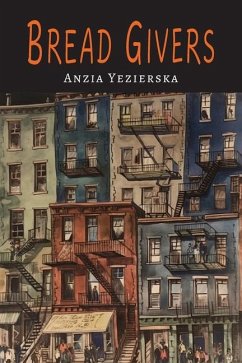
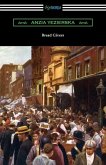
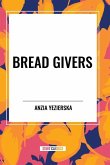

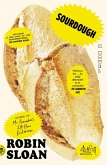
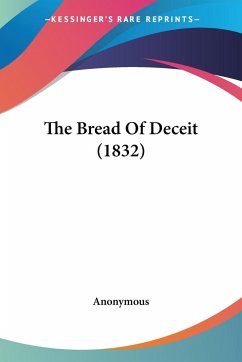
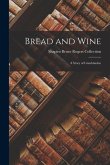
![Fighting the Flames! or, Twenty-seven Years in the Montreal Fire Brigade [microform]: a Record of Prominent Fires, Thrilling Adventures and Hair-bread Fighting the Flames! or, Twenty-seven Years in the Montreal Fire Brigade [microform]: a Record of Prominent Fires, Thrilling Adventures and Hair-bread](https://bilder.buecher.de/produkte/65/65494/65494558m.jpg)